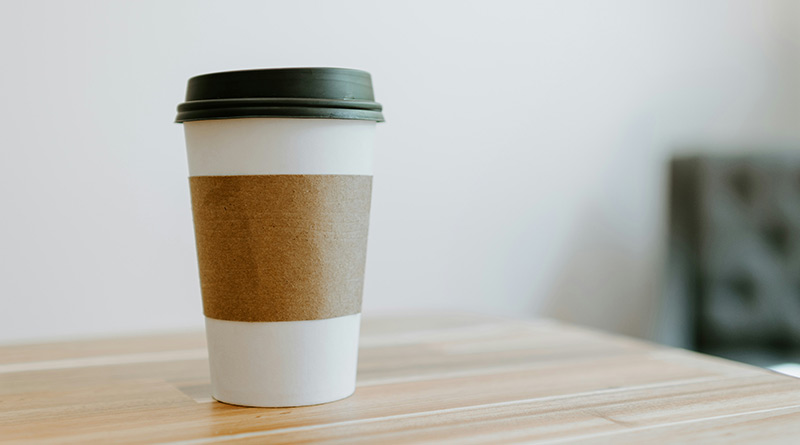Regressive ‘Latte Levy’ Would Increase Costs For Consumers

UKHospitality Scotland has said there is inadequate evidence to demonstrate that the proposed tax on single-use cups would meet the environmental aims of the scheme.
In its response to the consultation on the issue, UKHospitality Scotland set out how a charge would disproportionately impact lower-income consumers, which would go against the Scottish Government’s commitment to progressive taxation policies.
For example, a 25p charge on a £1.39 hot drink represents an 18% price increase, compared to a 7% price increase when the same charge is applied to a £3.50 hot drink. This would place a heavier burden on consumers with less disposable income, but who still rely on affordable conveniences.
UKHospitality Scotland cited how international attempts to introduce a charge on cups have failed:
- Portugal abandoned plans for a beverage charge due to competition concerns and recognition of paper cups’ recyclability.
- Vancouver repealed a 25 cent disposable cup fee after it failed to change consumer behaviour and adversely affected vulnerable populations.
It said there were already a number of initiatives in place to reduce the number of single-use cups being used, through returnable cup and takeback schemes, and said the Scottish Government should instead collaborate with the sector on these innovative solutions to continue genuine progress towards net zero.
Leon Thompson, Executive Director of UKHospitality Scotland, said:
“At a time when Scottish consumers are understandably being more discerning with their disposable income, the prospect of a tax on disposable cups is nonsensical.
“The ‘latte levy’ would increase the cost of an affordable drink, like a takeaway coffee, and disproportionately hit lower-income customers. We agree with the Scottish Government’s commitment to progressive taxation policies, but this would be the opposite.
“There is an overwhelming amount of evidence and international precedent that sets out why this charge doesn’t work, and the Scottish Government should save itself time and money by abandoning these proposals.
“There is already a number of initiatives to reduce the amount of single-use cups being used and they are successful in nudging consumer behaviour in the right direction. I would urge the Scottish Government to focus its efforts on collaborating with businesses to build on this success, rather than introducing an ineffective tax that will only penalise consumers.”
